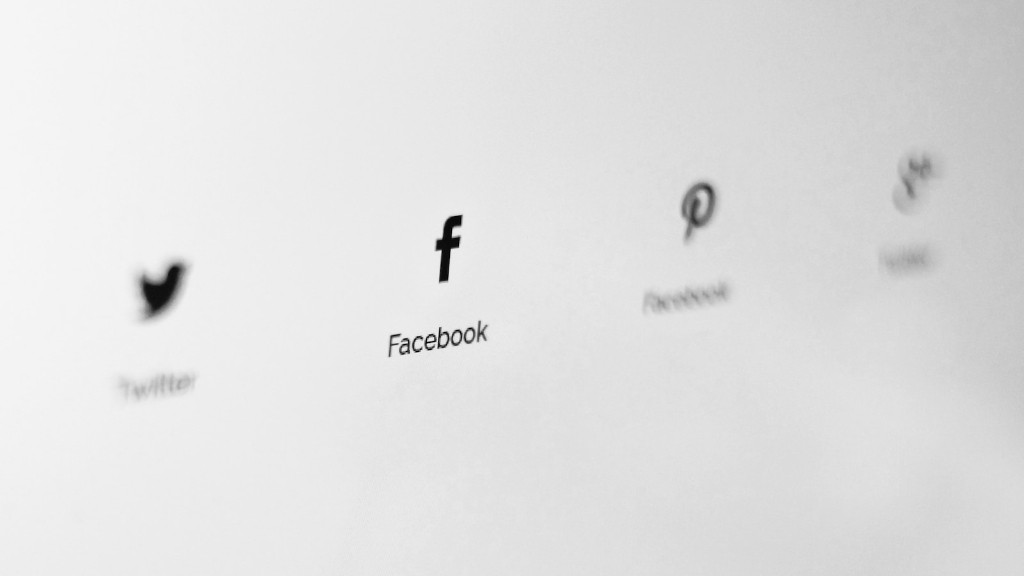Digital marketing has changed consumer behavior in a variety of ways. One big way is that it has made consumers more informed and empowered. Through the internet, consumers can now do their own research on products and brands before making a purchase. This has led to more savvy and discerning consumers who are not as easily swayed by marketing campaigns. Additionally, digital marketing has made it easier for consumers to compare prices and find the best deals. This has made consumers more cost-conscious and value-oriented. Finally, digital marketing has made it easier for consumers to connect with brands and voice their opinions. Social media, in particular, has given consumers a platform to share their thoughts and experiences with a wide audience.
From a marketing standpoint, digital marketing has changed consumer behavior by allowing brands to reach consumers through a variety of channels. Additionally, digital marketing has made it easier for consumers to research and compare products before making a purchase.
How has digital technology changed consumer Behaviour?
As a result of the influence of technology, consumers’ expectations are at an all-time high. With digital pioneers continually raising the bar, your customers compare the experience of buying from you to your competitors and the experience they receive from Amazon, Netflix, etc. In order to keep up with these high expectations, you need to provide an exceptional customer experience that meets or exceeds their expectations.
The consumer is more and more materialistic and finds himself in a context where the image often matters more than the usefulness of the product. Another change is that today’s consumer wants us to produce for them, with them and allow them to have their say. We can talk about a chameleon consumer.
What is consumer Behaviour in digital marketing
Digital behaviour is the term used to describe the online actions of internet users. This can include anything from the devices they use, the sites they visit, the ads they engage with, the pages they navigate to, when they leave and how. Essentially, it boils down to anything that a person does online. As more and more people use the internet for a variety of tasks, understanding digital behaviour has become increasingly important for businesses and organisations. By understanding what people do online, businesses can better target their products and services to meet the needs and wants of consumers. Additionally, understanding digital behaviour can help businesses to identify potential issues and problems that customers may be having.
Marketing campaigns can influence consumer behaviors because they elicit reactions, utilizing imagery and word associations tied to emotional responses. By understanding how marketing campaigns influence consumers, professionals and entrepreneurs can improve their persuasive ability in sales and business relationships.
How did digital technology change consumer products?
Digital technology has transformed the way consumers shop and make purchasing decisions. Mobile devices, apps, machine learning, and automation have made it possible for customers to get what they want almost exactly when they need it. This has led to a decrease in the need for brick-and-mortar stores and an increase in online shopping.
Digitalization has definitely changed the perspective of consumers towards online purchases. In a recent study, it was revealed that 56% of respondents have received the same product that they have purchased online. This motivates consumers to make more digital purchases.
How digital marketing has changed our daily lives?
It is important for companies to keep their customers updated on the latest trends, services, and issues. By using digital marketing opportunities, companies can provide their customers with instant access to information about new products or services. This allows customers to stay informed about the latest developments in the market and make informed decisions about their purchases.
Digital marketing teams must have a deep understanding of online consumer behaviour in order to create targeted and effective campaigns. To this end, businesses should consider investing in data analytics tools and services. This will allow them to collect and analyse data on consumer trends, which can then be used to inform their marketing strategy.
Digital marketing teams should also keep up to date with the latest consumer trends. This can be done by subscribing to industry publications, attending trade shows and conferences, and carrying out regular competitor analysis. By understanding the latest consumer trends, businesses will be in a better position to create campaigns that resonate with their target audience.
Is consumer Behaviour affected in digital world
The digital world has had a significant impact on consumer behaviours across all stages. From increased access to information and offers, to new and more convenient consumption patterns, marketers must be aware of both the opportunities and challenges that these changes present.
By understanding how digital technologies are impacting consumers, marketers can be better placed to adapt their strategies and ensure they remain relevant in an ever-changing landscape.
Digital marketing is a powerful tool that allows organizations to reach out to their clients and consumers in a more future-focused way. By investing in digital marketing, organizations are able to demonstrate their commitment to their clients and consumers, and show that they are serious about meeting their needs. Additionally, digital marketing provides a more direct and immediate way to connect with consumers, which can help to build trust and confidence in the organization.
What is the impact of digital marketing on customer satisfaction?
Digital marketing definitely has a positive effect on customer loyalty! I can see how important customer satisfaction is to businesses, and how digital marketing can help to increase it. It’s clear that digital marketing can have a huge impact on customer loyalty, and I’m glad to see that businesses are recognizing this. I’m sure that we’ll see even more businesses using digital marketing to improve customer loyalty in the future. Thanks for sharing this information!
1. Cultural factors include the shared beliefs, values and norms of a group of people. In turn, these cultural factors influence the way consumers behave.
2. Social factors refer to the relationships consumers have with others. These social factors can include reference groups, family and friends.
3. Personal factors refer to the individual characteristics of a consumer. These personal factors can include age, occupation, lifestyle and personality.
4. Psychological factors refer to the way consumers think and feel. These psychological factors can include motivation, perception and attitudes.
This report highlights the significant influence that social media has on consumers, particularly in terms of their spending habits. It is clear that social media can be a powerful tool for driving sales and that businesses need to be aware of this in order to make the most of it.
Psychological factors that can affect consumer behavior include motivation, perception, learning, and beliefs and attitudes. Personal factors that can affect consumer behavior include age and life-cycle stage, occupation, economic circumstances, lifestyle, personality, and self-concept. Social factors that can affect consumer behavior include reference groups, family, roles and status, and culture and social class.
What are the 5 factors influencing consumer behavior?
There are several factors which can lead to someone becoming a criminal. Psychological factors can play a role, as can social and cultural factors. Personal factors such as a person’s upbringing and economic factors such as poverty can also play a role.
The following is a note on mobile ecommerce:
While the ability to research and shop online has been around for a while, mobile has taken ecommerce to the next level because shoppers can use the device at any point during the sales cycle. This means that they no longer have to wait until store hours to make a purchase.
Mobile ecommerce is convenient and efficient, and it is becoming more and more popular as a result. If you are not already offering mobile ecommerce on your website, now is the time to do so!
Final Words
The rise of digital marketing has changed consumer behavior in a number of ways. First, digital marketing has made it easier for consumers to find the products and services they need. Second, digital marketing has made it easier for consumers to compare prices and find the best deals. Third, digital marketing has made it easier for consumers to connect with businesses and get the information they need. Finally, digital marketing has made it easier for businesses to target consumers with advertising.
Digital marketing has changed consumer behavior by providing a more personalized and convenient shopping experience. Consumers can now research and purchase products and services on their own terms, and can find the best deals without having to rely on traditional marketing channels. This has empowered consumers and given them more control over the purchasing process.





